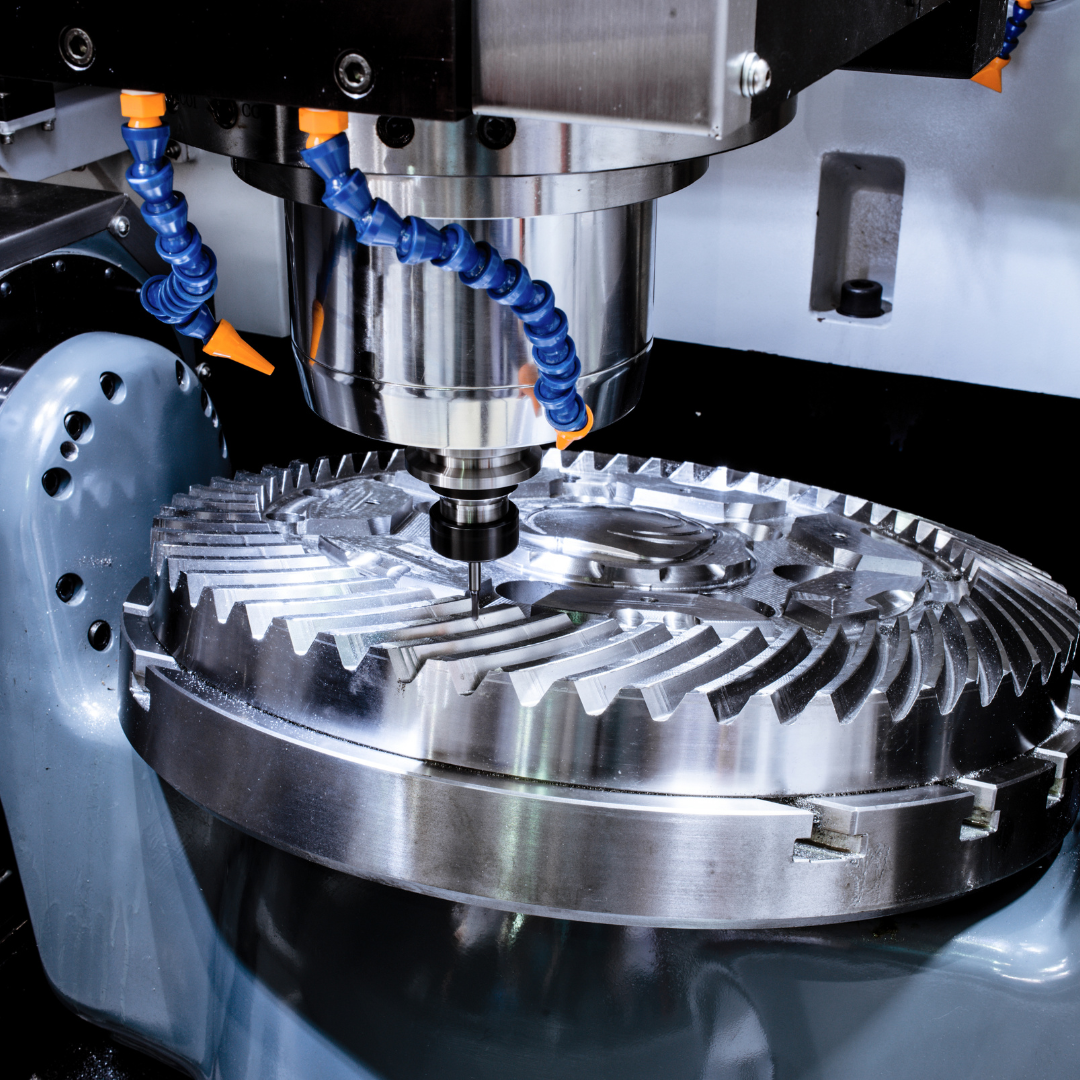CNC machining has become a cornerstone of modern manufacturing, offering a level of digital precision that perfectly suits today’s highly competitive industrial environment. As companies strive to produce components with exact specifications, high consistency, and reduced turnaround times, CNC machining stands out by combining advanced computer control with robust mechanical processes. This technology allows for automated control of machining tools through pre-programmed software, eliminating much of the human error traditionally associated with manual machining. The result is parts that meet tight tolerances and intricate designs with remarkable repeatability, making CNC machining indispensable in sectors ranging from aerospace and automotive to medical devices and electronics. One of the primary advantages of CNC machining is its unparalleled precision. Using sophisticated computer numerical control systems, manufacturers can program complex geometries and produce parts with exacting dimensions down to microns. This precision ensures that each component fits perfectly in the assembly process, reducing waste and improving product reliability.

The ability to maintain consistent quality across large production runs also means that companies can meet strict regulatory standards and customer expectations without significant additional inspection or rework. Speed and efficiency are other crucial benefits of CNC machining in the current manufacturing landscape. Automated processes significantly cut down production time compared to manual machining. Once a CNC program is developed and tested, it can be executed repeatedly with minimal human intervention, allowing factories to operate continuously with minimal downtime. This capacity for rapid production enables companies to respond swiftly to market demands, manage tight deadlines, and reduce inventory costs. Moreover, cnc vs manual machining can often perform multiple operations such as drilling, milling, and cutting in a single setup, further accelerating production and minimizing the potential for errors associated with repositioning the workpiece. In addition to precision and efficiency, CNC machining fosters innovation in product design. Engineers and designers can push the boundaries of what is possible by creating complex, intricate parts that would be difficult or impossible to fabricate manually. This capability supports the development of lightweight components with optimized strength-to-weight ratios, intricate internal channels, and complex surface finishes that enhance product performance.
As a result, Uneed CNC machining enables companies to differentiate themselves in crowded markets by offering advanced, high-performance products that meet evolving customer needs. Furthermore, CNC machining supports scalability and customization, which are critical in today’s manufacturing environment. While mass production remains important, many industries now require smaller batches or even single-unit production with customized specifications. CNC machines can easily adapt to these demands by simply loading new programs, reducing setup times and costs associated with changing tooling or processes. This flexibility empowers manufacturers to offer personalized solutions without sacrificing the benefits of automation and precision. Finally, integrating CNC machining into manufacturing workflows helps improve overall operational efficiency by reducing human labor requirements and minimizing errors. Skilled operators and programmers manage the machines, but much of the physical machining is carried out by automated systems, freeing personnel to focus on quality control, programming, and continuous improvement initiatives.
